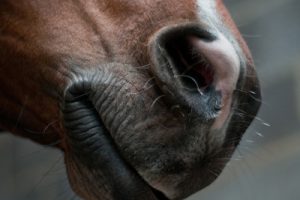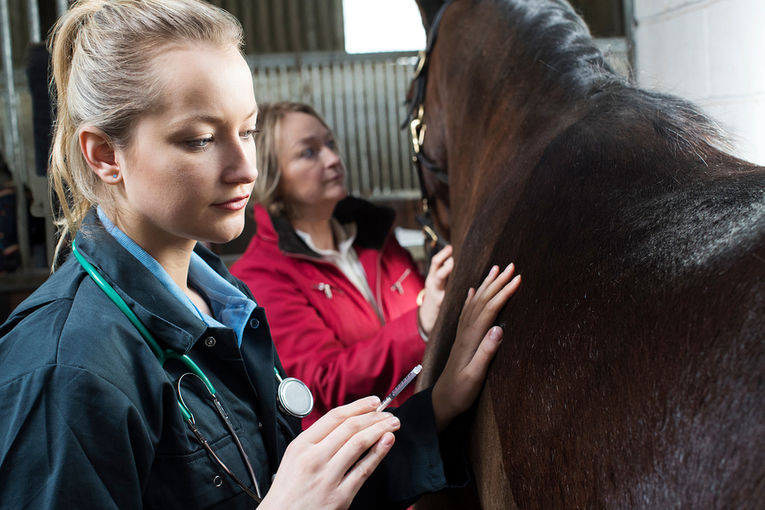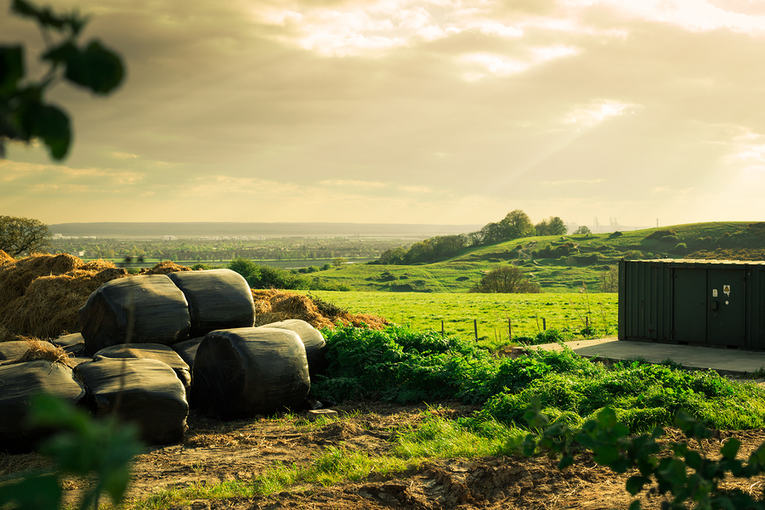 The British Racehorse Authority (BHA) has taken the decision to cancel all British race meetings on Thursday 7th February due to three confirmed cases of equine flu. A ban which they have extended to Wednesday 13th February at the earliest.
The British Racehorse Authority (BHA) has taken the decision to cancel all British race meetings on Thursday 7th February due to three confirmed cases of equine flu. A ban which they have extended to Wednesday 13th February at the earliest.
The yard in question appears to be Donald McCain’s Cholmondeley yard in Cheshire, with potentially infected horses running at Ayr’s and Ludlow’s fixtures on Wednesday.
Racing was due to go ahead over the sticks at Huntingdon, Ffos Las and Doncaster with an all-weather flat meeting at Chelmsford also due in the evening but these have all abandoned as a precautionary measure.
Thurles in county Tipperary, Ireland, which falls out of the BHA’s jurisdiction has been left as the only domestic fixture, with the announcement on racing the following week given later on Thursday.
A BHA statement reads: “The fact that the cases have been identified in vaccinated horses presents a cause for significant concern over welfare and the potential spread of the disease and the action to cancel racing has been viewed as necessary in order to restrict, as far as possible, the risk of further spread of the disease,
“The BHA has worked quickly to identify which yards could have potentially been exposed today and identify the further actions required.
“The BHA is presently communicating with yards potentially exposed to ensure appropriate quarantine and biosecurity measures are put in place and horse movements restricted to avoid possible further spread of the disease.
“The full extent of potential exposure is unknown and we are working quickly to understand as much as we can to assist our decision making.”
So what is Equine Flu and why are the BHA taking such extensive measures? Also, what does this mean for the industry as a whole?
What Is Equine Flu?

Equine Influenza, much like flu in humans, is a virus that effects the respiratory system of the horse which catch it.
Once contracted, the airway lining can become inflamed and ulcerated which can the lead to bacterial infections and further complications. Signs that a horse has caught the flu are a high temperature, mucus discharge, coughing and a loss of appetite.
Treatment includes plenty of rest with no strenuous exercise at least two weeks after symptoms have ceased. Recovery can be aided by using dust free bedding which can reduce irritation of affected areas. Much like our own flu, antibiotics will only be of benefit if secondary infections become present.
One of the main areas of concern is that equine flu is highly contagious, with the virus when airborne spreading over considerable distances. This has a particular bearing on the racing industry with transportation of animals across the country potentially aiding the spread.
What Can the BHA Do Next?

In order to compete, all horses are currently vaccinated against equine flu. As a result when contracted symptoms are normally mild with a quick recovery period. This particular stain appears to be taking hold nonetheless which will be of concern to those within racing.
The BHA has said: “We are contacting trainers of all yards which might conceivably have had contact with horses from the affected yard in order to advise them on biosecurity measures and to ask them not to move horses.
“We are also issuing guidance to the wider population of trainers. We are working closely with the National Trainers Federation to share this information and ensure that trainers are kept as informed as possible.
“Trainers are being sent a contact number should they have further questions, and they are advised to contact their vets with any further concerns.”
Those with long memories will remember the foot-and-mouth outbreak of 2001 which lead to the cancellation of The Cheltenham Festival that year. With under five weeks until the 2019 running, all connected with horse racing will be hoping for a swift resolution.
